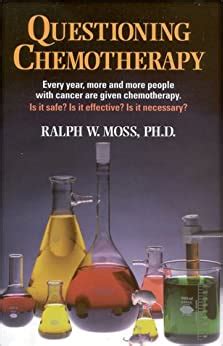A Quote by Diane Wakoski
Poems come from incomplete knowledge.
Quote Topics
Related Quotes
I do feel that now and I feel that this development of recording poems, of speaking poems at readings, of having records of poets, I think this is a wonderful thing. I'm very excited by it. In a sense, there's a return, isn't there, to the old role of the poet, which was to speak to a group of people, to come across.







































